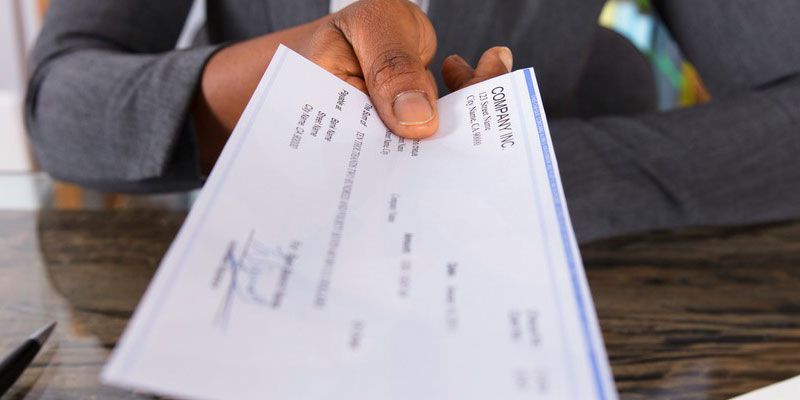Are you considering a VA loan? Understanding VA appraisals is crucial. These inspections ensure that homes meet the VA's minimum property requirements and are safe for occupancy. Here's what you need to know: VA appraisals involve thorough evaluations to assess property conditions, safety standards, and adherence to VA requirements. Let's explore the details of VA appraisals, including requirements, associated fees, and what to expect during the process. Understanding these aspects will help you navigate the VA loan process more confidently.
Understanding VA Appraisals
VA appraisals are thorough examinations mandated for homes seeking financing through a VA loan. Their primary purpose is to guarantee that the property meets the VA's minimum property requirements (MPRs), ensuring it's safe and habitable. Let's delve into the specifics of what you can anticipate during a VA appraisal:
Evaluation of Property Condition: During the appraisal, the VA appraiser carefully inspects the property to assess its overall condition. This means carefully examining different things like how strong the building is, the condition of important systems like plumbing and electricity, and overall how well-maintained it is.
Verification of Safety Standards: Ensuring the safety of occupants is paramount. Therefore, the appraiser checks for any potential hazards or safety issues within the property. This could include hazards like exposed wiring, lead-based paint, or inadequate ventilation, all of which need to be addressed to meet VA standards.
Adherence to Minimum Property Requirements (MPRs): The VA has established specific criteria that properties must meet to qualify for a VA loan. These criteria encompass various factors, such as ensuring the property has safe drinking water, functional heating and cooling systems, and adequate living space for the occupants.
Requirements for VA Appraisals
The requirements for VA appraisals encompass several key areas that the VA appraiser thoroughly evaluates to ensure the property meets the necessary standards. Let's break down these requirements:
Structural Integrity
This requirement focuses on ensuring that the property is structurally sound and free from significant defects. The appraiser examines the building's foundation, walls, roof, and other structural components to assess their condition and identify any issues that could compromise the property's stability or safety.
Safety Standards
Appraisers prioritize the safety of occupants by meticulously checking for potential hazards within the property. This includes identifying safety risks such as exposed wiring, which could pose electrical hazards, lead-based paint, which is harmful if ingested, or inadequate ventilation, which could impact indoor air quality. Addressing these safety concerns is essential to meet VA appraisal requirements.
Minimum Property Requirements (MPRs)
The VA has established specific criteria known as Minimum property requirements (MPRs) that properties must meet to qualify for a VA loan. These criteria cover various aspects of the property, including:
Safe Drinking Water: The property must have access to safe and potable water for drinking and domestic use.
Functional Heating and Cooling Systems: Adequate heating and cooling systems are necessary to maintain comfortable living conditions throughout the year.
Adequate Living Space: The property must provide sufficient living space to accommodate the needs of the occupants comfortably.
Fees Associated with VA Appraisals

When it comes to VA appraisals, there are associated fees that homebuyers need to consider. The costs, usually between $300 and $500, may change depending on where you are and how complicated the appraisal is. Here's a closer look at what these fees typically cover:
Appraiser's Time and Expertise: A significant portion of the fees go towards compensating the appraiser for their time and expertise. This includes the time spent physically inspecting the property, researching comparable sales in the area to determine its value, and meticulously preparing the detailed appraisal report.
Administrative Costs: Some of the fees are allocated to cover administrative tasks associated with the VA appraisal process. This may include scheduling the appraisal appointment, coordinating with various parties involved, and processing the necessary paperwork to complete the appraisal.
Travel Expenses: In cases where the property is located in a remote area, additional fees may be incurred to cover the appraiser's travel expenses. These expenses could include transportation costs, lodging if an overnight stay is required, and any other related travel expenses incurred during the appraisal process.
What to Expect During a VA Appraisal
When you're gearing up for a VA appraisal, it's helpful to know what will unfold during the process. Here's a detailed rundown of what you can expect:
Property Inspection

The cornerstone of the appraisal process is the appraiser's thorough examination of the property. They'll meticulously inspect every nook and cranny to evaluate its overall condition and ensure it aligns with the VA's Minimum property requirements (MPRs). This involves assessing everything from the structural integrity of the building to the functionality of essential systems like plumbing and electrical. The goal is to verify that the property is safe and habitable for its intended occupants.
Comparable Sales Analysis
To find out how much the property is worth, the appraiser compares it to recent sales of similar properties nearby. By examining comparable sales, or "comps," the appraiser can gauge the property's worth relative to similar homes in the vicinity. Factors such as location, size, condition, and amenities are taken into account to arrive at an accurate valuation.
Appraisal Report
After inspecting the property and comparing it with others, the appraiser puts together a detailed report with their findings. This report outlines the property's condition, details any deficiencies or issues observed during the inspection, and provides an appraisal value based on the comparative analysis. It serves as an official document that communicates the appraiser's assessment of the property's value and its compliance with VA standards.
Conclusion
Navigating VA appraisals doesn't have to be daunting. By understanding the requirements, fees, and what to expect during the appraisal process, you can be better prepared when applying for a VA loan. Remember to address any issues with the property in advance and provide the necessary documentation to facilitate a smooth appraisal experience.











